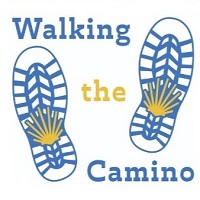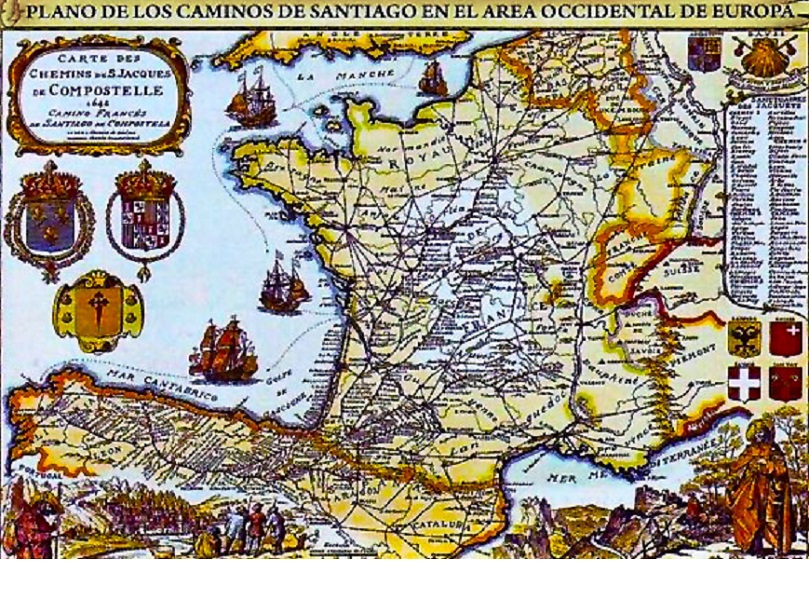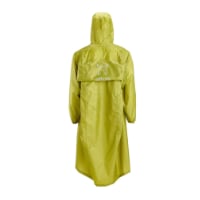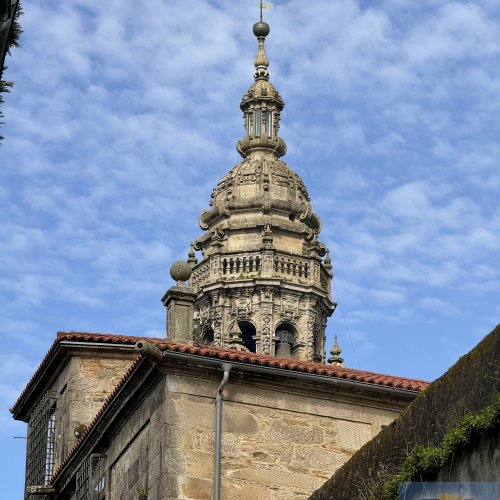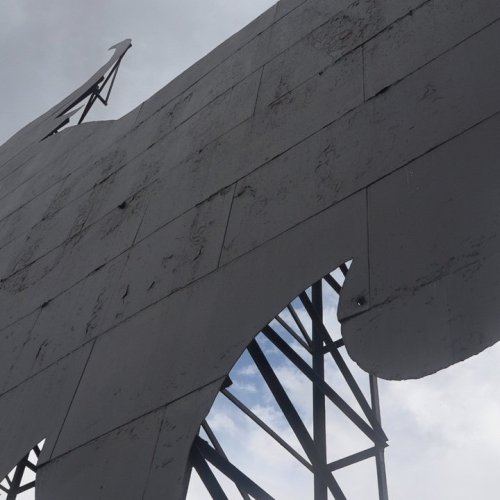- Time of past OR future Camino
- To Santiago + back
2400 km + 950 nmi
160 days
Speaking of which, when people don't know how to translate a Latin word such as peregrinus correctly and in a meaningful way into their language because they are not aware of meaning and context at the time the word was used, you can find the most hilarious howlers.
There are, for example, books and websites related to history telling you about peoples in the wider Danube/Hungary area who are described by Pliny as civitas peregrina, and they render this, in all seriousness, as a wandering tribe.
In reality, Pliny refers to a feature of Roman administration: When the Romans created a new Roman province out of the foreign territory that they had conquered, it was customary to create administrative entities under whose jurisdiction the natives are placed ('civitas peregrina'). So the term refers to a foreign town or county or region etc (peregrinus = foreign) with administrative status under Roman law. It was not meant to describe either a wandering tribe or a town full of pilgrims or an online community of pilgrims like this forum.
I have often wondered whether some enterprising self-publishing modern writer had spotted in a scholarly work that there were indeed civitates peregrinae aka peregrine communities in Spain in Roman times and concluded that they must have been full of pilgrims. But, alas, I have no proof for this speculation.
There are, for example, books and websites related to history telling you about peoples in the wider Danube/Hungary area who are described by Pliny as civitas peregrina, and they render this, in all seriousness, as a wandering tribe.
In reality, Pliny refers to a feature of Roman administration: When the Romans created a new Roman province out of the foreign territory that they had conquered, it was customary to create administrative entities under whose jurisdiction the natives are placed ('civitas peregrina'). So the term refers to a foreign town or county or region etc (peregrinus = foreign) with administrative status under Roman law. It was not meant to describe either a wandering tribe or a town full of pilgrims or an online community of pilgrims like this forum.
I have often wondered whether some enterprising self-publishing modern writer had spotted in a scholarly work that there were indeed civitates peregrinae aka peregrine communities in Spain in Roman times and concluded that they must have been full of pilgrims. But, alas, I have no proof for this speculation.
Last edited:



